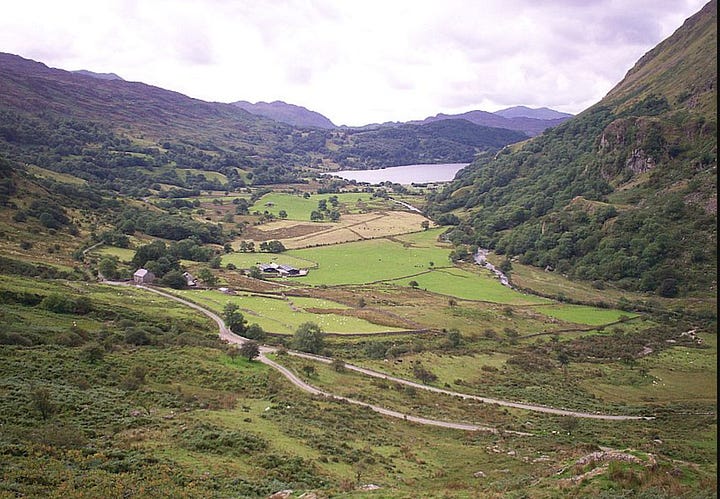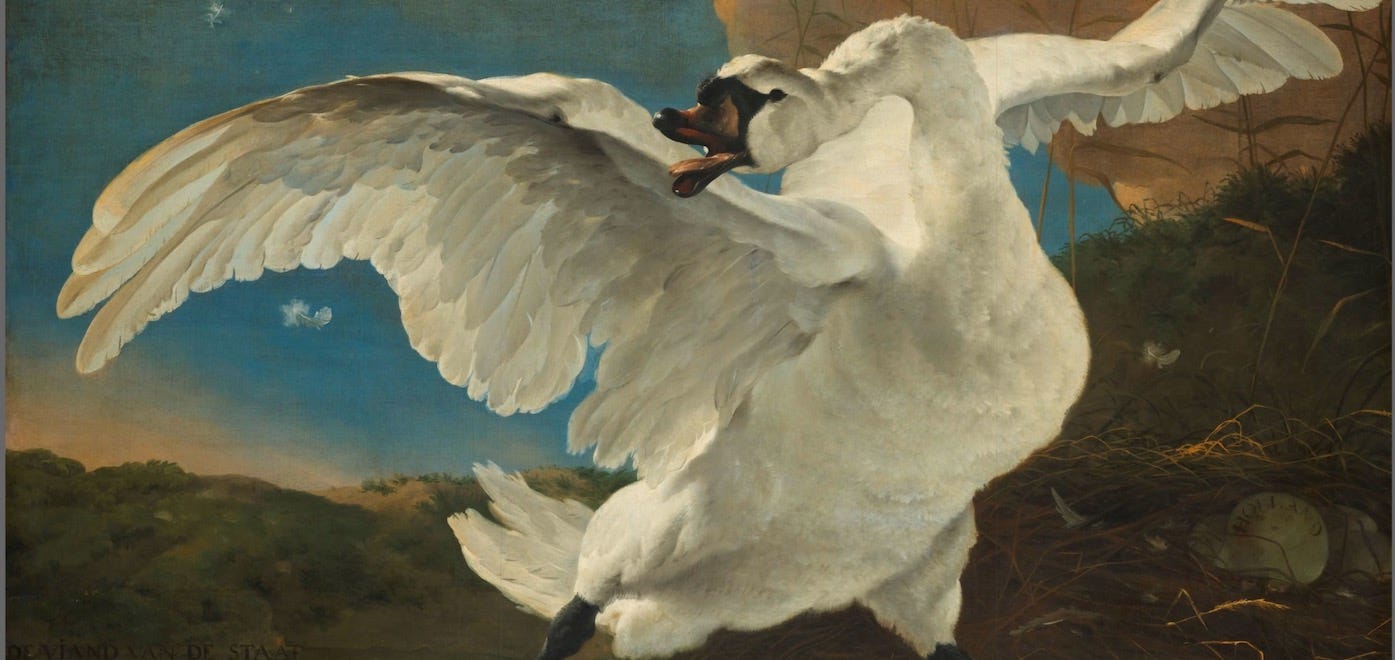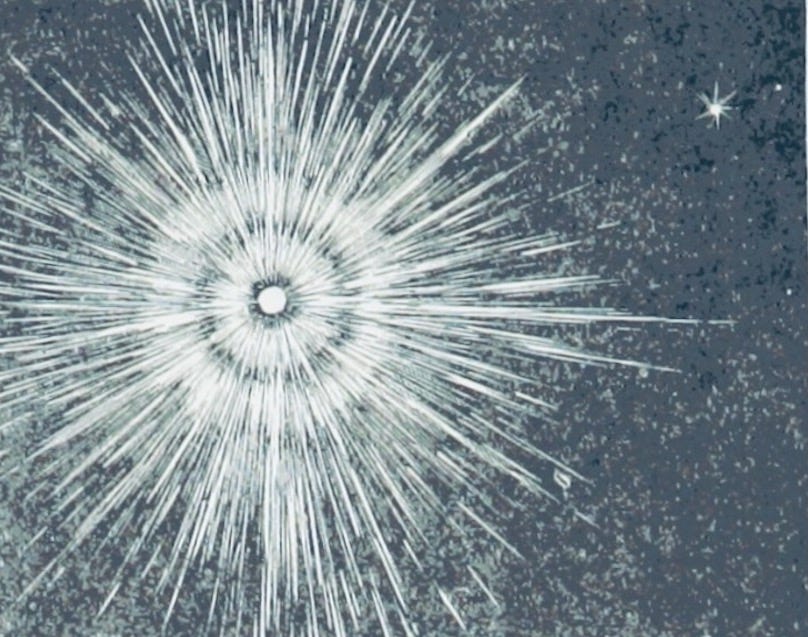Part III . . . Notes, References, and Shoutouts (Chapters 23-26)
(4MiM Supplement #6)
Before we hear from the Oreanians, a few notes, references, and shoutouts:
Chapter 23. The Solitude of Courage
That was all the notice anyone gave to the person standing against the wall, to the individual who had made this rescue possible. The captain strode close to her as the group swooped by her on their way to sickbay, but made no indication he noticed her.
Anyone who had a heart would have noticed. The musical inspiration:
Neither Joanni nor her father, for what it was worth, was able to master their fates: her father’s idiosyncrasies were used as a cover for Commander Nelson’s actions during the Seridan Operation.
See Chapter 1. You Should Have Wished Me Luck for background on Engineer Neiswender and Commander Nelson’s mysterious research mission.
He [Palladin] hurried her along toward her office, along the corridor where no one would normally be found except for herself, the crew having been ordered to respect her privacy.
Captain Chipman understood Joanni’s longing for not just large open spaces, but for privacy at times as well. He therefore advised his crew to not enter the far hallway off the officers’ quarters unless absolutely necessary in order to afford her some “space” in space. Brennan ignored this command, from time to time, and Matt Thornby skirted around it.
Chapter 24. What’s in Front of You
The prime emotion Joanni was feeling at that moment was not grief, but the old hiraeth.


For a more in-depth look into the meaning of hiraeth, see Part I . . . Notes, References, and Shoutouts (Prologue, Chapters 1 - 3). “Dreaming in Welsh,” by Pamela Petro in The Paris Review, September 2012.
Her fingers started to pick out the strains of an old classic nocturne, tentatively at first . . .
A nocturne such as Chopin’s Nocturne Op. 72, No. 1 in E minor.
The emotive power of this piece was also featured in the first novel published on my Substack (same title as my Substack publication name): The Water Is So Wide. See Chapter 18. Chopin Dreaming.
“It’s okay, it’s okay, we’ll work things out together; no shame in that. We’re approaching the next solar system, Oreana; we’re almost there.”
Drawn from a tweet by one of my favorite writers and podcasters: Sarah Haider.
Her tweet, in part:
“There is no shame in codependency, so long as your partner is as committed to supporting you as you are to supporting them. I would argue that marriage works *better* when there is some codependency than when there isn't any at all.”
Chapter 25. Reduced in Rank (in His Own Mind)
Members of the rescued landing party had described the three Pargysonians they had encountered as having an extra pinky finger rising out of the bottom of their palm (similar to the dewclaw of a cat) . . .

“A dewclaw is a non-weight-bearing toe on an animal's paw located on the inside of the leg near the carpus ("wrist" area). Dewclaws slightly resemble human thumbs but they do not have the same functionality. Dogs and cats are typically born with two front dewclaws, but some may have one or more dewclaws on the rear limbs as well.” Quote taken from: The Spruce Pets website.
Chapter 26. The Most Beautiful Thing Redux
In space, however, with no movement of her distant home sun to discern, nor any breeze, nor rain, each day felt like a week, each week like a month. Yes, it was almost May, but there would be at least four months slowly passing through its march of days, it would seem, before June and summer arrived.
See Part I . . .Notes, References, and Shoutouts (Prologue, Chapters 1 - 3) for further explanation of the origin of the title of this novel, Four Months in May. The confinement and isolation Joanni experiences on the Eridanus is similar to the feeling of many during the recent pandemic lockdown (particularly of those confined in small apartments), indeed making each day feel like a week, each week feel like a month.
As I noted before, I often associate a particular piece of music with a particular chapter. My mental soundtrack for this chapter:
Top image: “The Threatened Swan” by Jan Asselijn, c. 1650. Public domain.
“A swan fiercely defends its nest against a dog. In later centuries this scuffle was interpreted as a political allegory: the white swan was thought to symbolize the Dutch statesman Johan de Witt (assassinated in 1672) protecting the country from its enemies.” Quote from Rijksmuseum.





